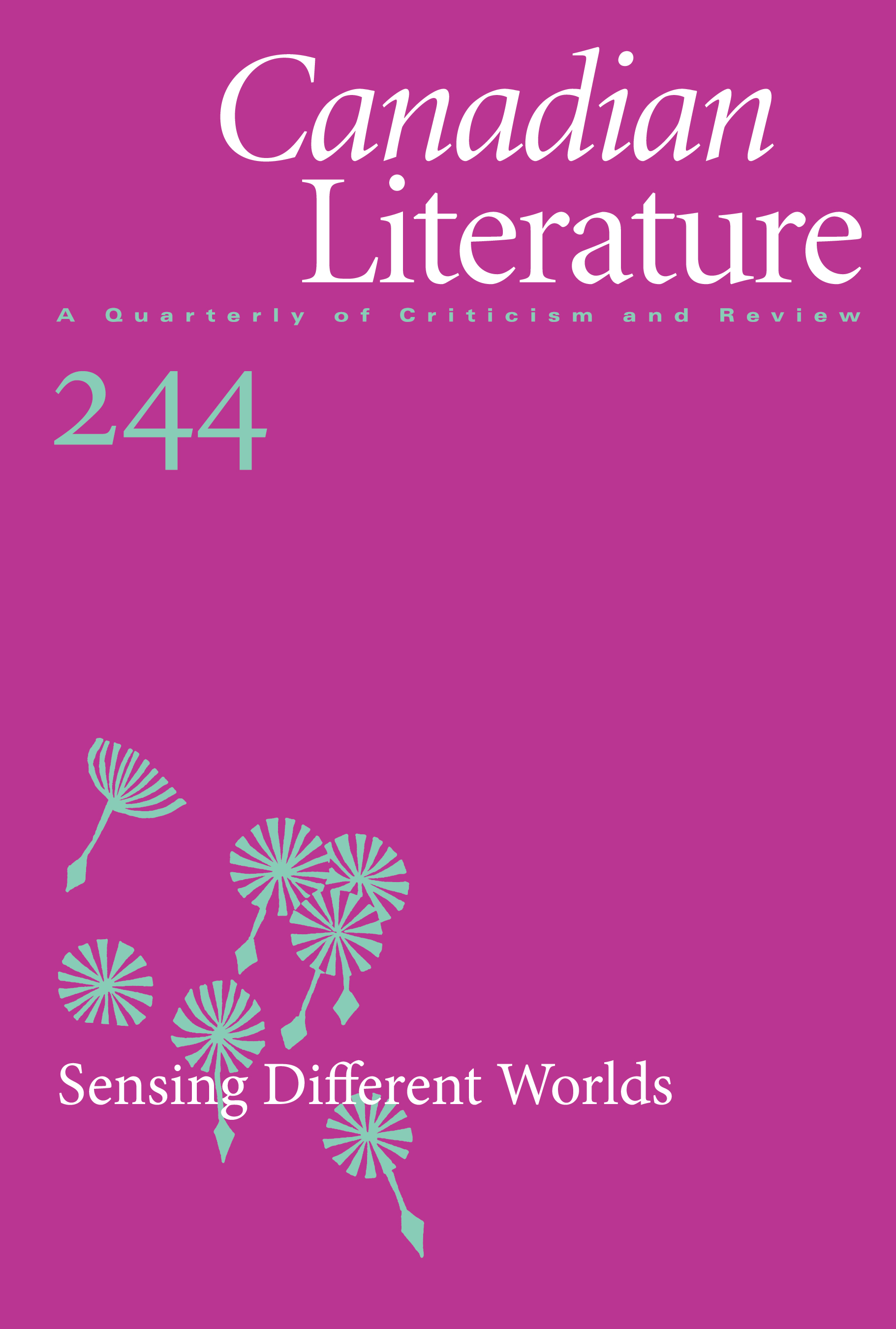"The Clock is Dead"
Temporality and Trauma in Rilla of Ingleside
Résumé
L. M. Montgomery’s First World War novel, Rilla of Ingleside, is a text preoccupied with time. The novel paces through the harrowing years of war along a horizontal axis, chronologically following its young heroine from youth to maturity. Its structure, though, illustrates the gap between two modes of experiencing and representing time: standard time, a system of measurement that is external and objective, and autobiographical time, which is wrapped up in the personality and perceptions of the experiencing subject. Montgomery’s novel juxtaposes standard time and autobiographical time to capture the individual, subjective experience of war and to register the war’s private traumatic impact. The disjunction between standard time and autobiographical time in Rilla of Ingleside demonstrates the slipperiness of time as a human experience, emphasizing its abstract, individualized nature in the context of war-time trauma. I argue that through characters’ processes of organizing and understanding time, we witness the ongoing battle to make meaning out of the war.


